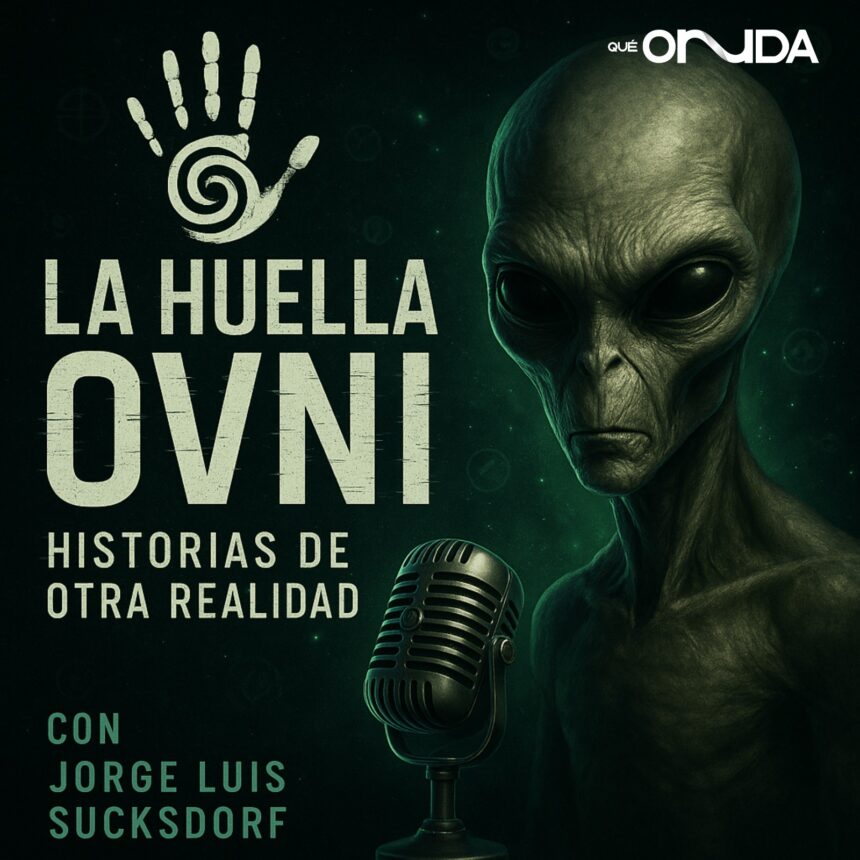A new report by Americans for Tax Fairness, based on data from the Institute on Taxation and Economic Policy (ITEP), has revealed that undocumented migrants in the U.S. paid more taxes than the wealthiest 1% of households in the country and many of the most powerful mega-corporations.
In 2022 alone, approximately 10.9 million undocumented migrants contributed $96.7 billion in taxes, a figure that includes federal, state and local payments. Of that total, $19.5 billion was from income taxes, $32.3 billion from payroll taxes, and $37.3 billion at the state and local level.
They pay more than large corporations

The report compares these figures with those of 55 large companies that together generated nearly $200 billion in revenues and paid just $3.7 billion in federal taxes.
This is equivalent to 90% less than undocumented migrants.
It is also noted that these workers pay an effective rate of 10.1% at the state/local level.
Deporting them would cause an economic contraction
QueOnnda.com
This compares to 7.2% paid by the top 1% of households.
In fact, according to tax data from ProPublica, five of the wealthiest Americans paid less proportionately than an undocumented migrant worker.
Contribute to key sectors

Undocumented migrants represent 5% of the total U.S. labor force and are critical in strategic sectors:
1 in 7 construction workers
1 in 8 in agriculture
1 out of 14 in hospitality services
The study estimates that granting legal work permits to these immigrants could increase tax contributions by $40 billion a year.
The total annual impact is US$137 billion.
On the contrary, deporting them would cause an estimated economic contraction of between $1.1 trillion and $1.7 trillion, more severe than the 2008 financial crisis.
Taxation of remittances sought

Meanwhile, Republican Congressman Jason Smith is promoting The One, Big, Beautiful Bill, which proposes a 5% tax on remittances sent from the U.S. to other countries.
This would imply, for example, that for every $100 sent, companies would charge an extra $5.
These would be turned over to the Treasury Department.
Only verified U.S. citizens would be exempt.
For more information, visit QueOnnda.com.




















